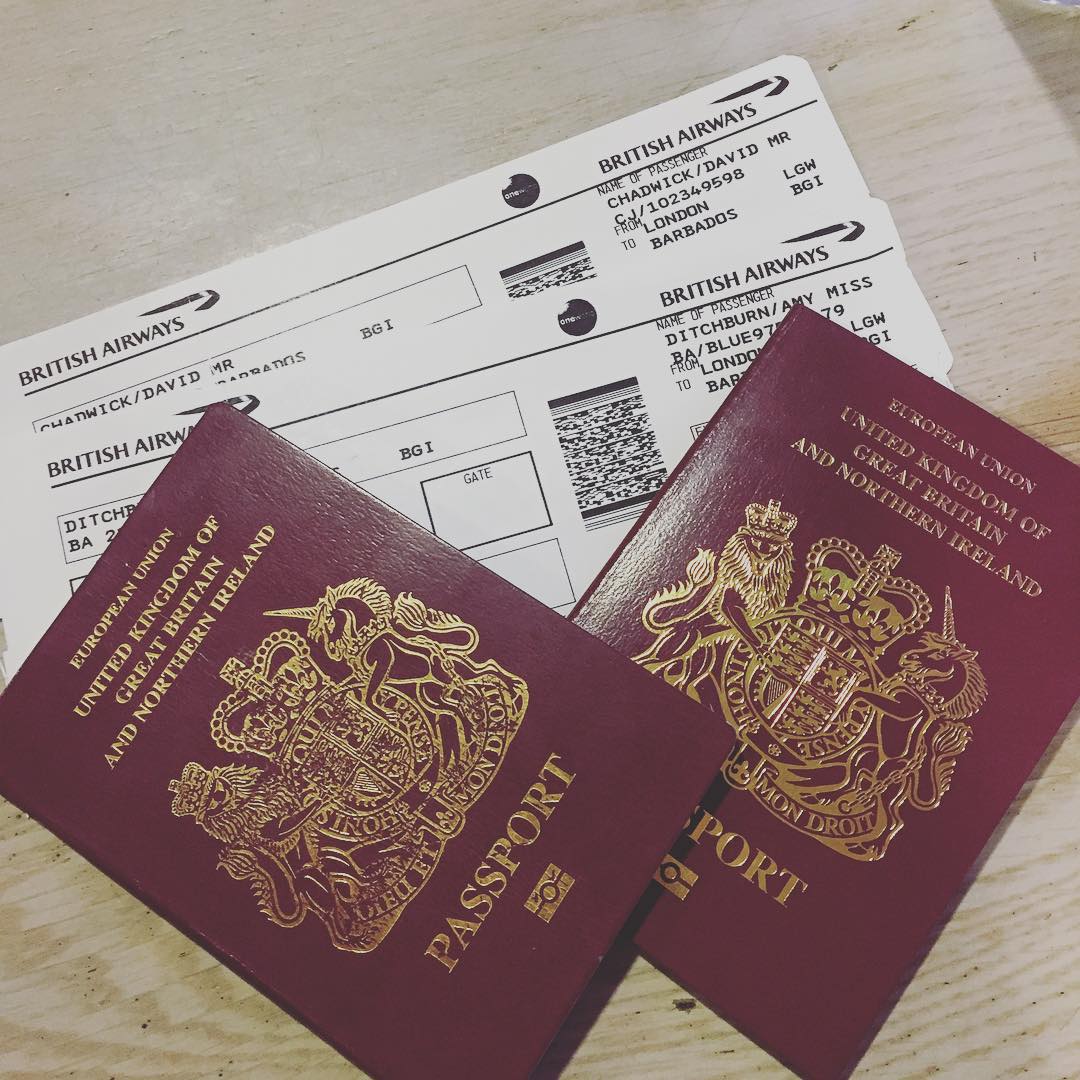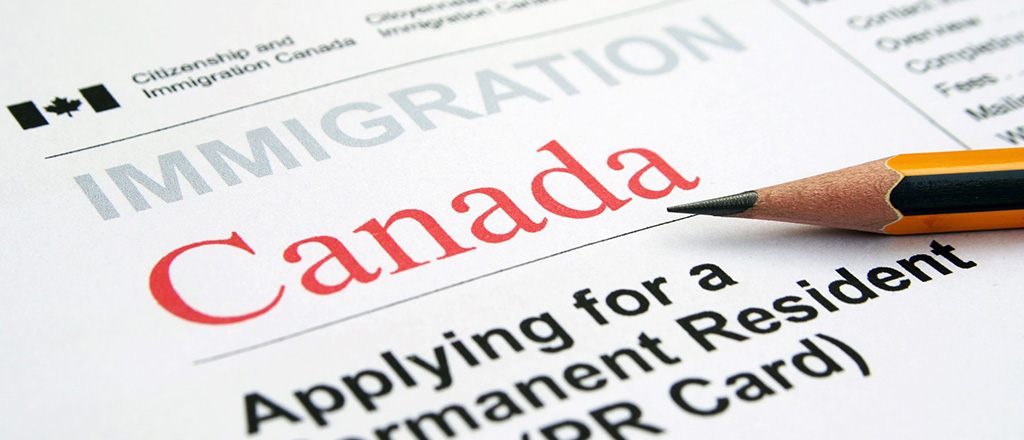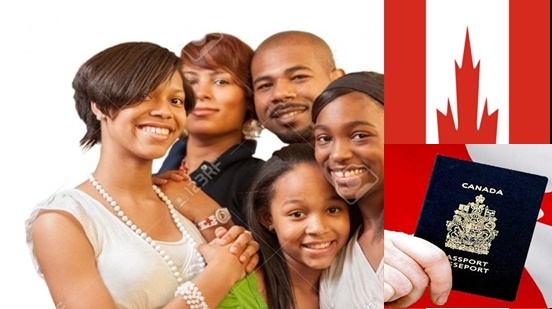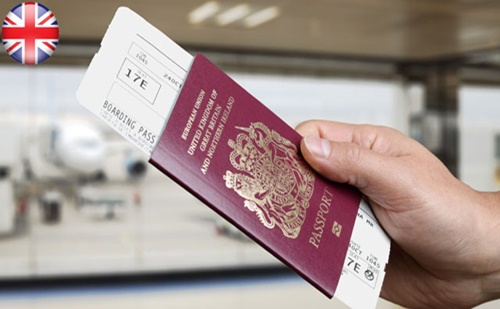USA and Canada rejects Study Visa Applications from Nigerian Citizens
Understanding Visa Rejections for Nigerian Citizens Applying to Study in the USA and Canada
Visa rejection is a significant concern for Nigerian citizens seeking to pursue higher education abroad, particularly in countries like the USA and Canada. Despite possessing the academic qualifications and aspirations to study abroad, many Nigerian applicants face challenges in obtaining study visas. This essay examines the factors contributing to visa rejections for Nigerian citizens applying to study in the USA and Canada, the potential impacts of these rejections, and suggestions for improving the visa application process.
Factors Contributing to Visa Rejections
Stringent Immigration Policies
The USA and Canada have stringent immigration policies aimed at regulating the entry of foreign nationals into their countries. Visa officers assess each application meticulously, considering factors such as the applicant’s ties to their home country, financial stability, and the likelihood of returning after completing their studies. Nigerian applicants may face increased scrutiny due to concerns about potential overstays or unauthorized employment.
Incomplete Documentation
Visa applications require extensive documentation, including proof of admission to a recognized educational institution, financial resources to cover tuition fees and living expenses, and a clean criminal record. Incomplete or inaccurate documentation can lead to visa rejections, as visa officers rely heavily on the information provided to assess the applicant’s eligibility.
Financial Constraints
Many Nigerian applicants struggle to demonstrate sufficient financial resources to support their studies abroad. While scholarships and financial aid may alleviate some of the financial burdens, visa officers may question the applicant’s ability to afford tuition fees and living expenses, especially if they have limited assets or rely on sponsorships from relatives or third parties.
Perceived Immigration Risks
Nigerian citizens may face stereotypes and biases related to immigration risks, including concerns about illegal immigration, fraudulent documentation, or intentions to seek asylum. Visa officers may apply heightened scrutiny to Nigerian applicants based on these perceptions, leading to higher rates of visa rejections compared to applicants from other countries.
Lack of Consular Resources
Limited consular resources and staff availability may contribute to delays and inefficiencies in the visa application process. Nigerian applicants may encounter difficulties scheduling visa interviews, accessing timely information about application requirements, or receiving assistance in addressing concerns raised by visa officers.
Potential Impacts of Visa Rejections
Disruption of Educational Goals
Visa rejections can disrupt the educational goals and aspirations of Nigerian students who have invested time, effort, and resources into preparing for study abroad. Many applicants view studying in the USA and Canada as a pathway to academic excellence, professional development, and personal growth. A visa rejection can dash these aspirations and force students to reconsider their educational plans.
Financial Losses
Nigerian students incur significant financial losses associated with visa application fees, standardized tests, travel expenses, and other related costs. Visa rejections compound these losses, as applicants may be required to reapply for visas, reschedule travel arrangements, or seek alternative educational opportunities, all of which entail additional expenses.
Emotional Stress and Anxiety
The visa application process can be emotionally taxing for Nigerian applicants, who must navigate bureaucratic hurdles, uncertainty, and anxiety about the outcome of their applications. Visa rejections amplify these stressors, leading to feelings of disappointment, frustration, and disillusionment among affected individuals and their families.
Impact on International Reputation
Visa rejections for Nigerian citizens applying to study in the USA and Canada can have broader implications for Nigeria’s international reputation and diplomatic relations. Perceptions of unfair treatment or discriminatory practices in visa processing may strain diplomatic ties and undermine trust between countries, potentially hindering collaboration in other areas such as trade, security, and cultural exchange.
Brain Drain and Talent Loss
Visa rejections may contribute to brain drain and talent loss in Nigeria, as promising students and scholars opt to pursue educational opportunities in other countries with more favorable immigration policies. The loss of skilled individuals deprives Nigeria of valuable human capital and intellectual resources needed for national development and innovation.
Improving the Visa Application Process
Transparency and Consistency
Enhancing transparency and consistency in visa processing is essential to promoting fairness and accountability. Visa officers should provide clear guidelines, communicate application requirements effectively, and apply consistent criteria when assessing applicants’ eligibility. Increased transparency can help alleviate concerns about arbitrary decision-making and improve confidence in the visa application process.
Streamlined Procedures
Simplifying and streamlining visa application procedures can expedite the processing of applications and reduce administrative burdens for both applicants and consular staff. Online application systems, appointment scheduling platforms, and electronic document submission processes can enhance efficiency, minimize errors, and facilitate communication throughout the application process.
Capacity Building and Training
Investing in consular resources, staff training, and capacity building initiatives can strengthen the visa application process and improve the quality of decision-making. Consular officers should receive specialized training on cultural sensitivity, immigration law, and risk assessment to mitigate biases and ensure fair treatment of applicants from diverse backgrounds, including Nigerian citizens.
Support Services for Applicants
Providing comprehensive support services for visa applicants, including guidance on documentation requirements, pre-application consultations, and access to legal assistance, can empower applicants to navigate the visa application process more effectively. Consular offices, educational institutions, and community organizations can collaborate to offer informational workshops, counseling services, and online resources tailored to the needs of Nigerian students.
Advocacy and Diplomatic Engagement
Engaging in advocacy efforts and diplomatic dialogue can raise awareness of visa-related challenges faced by Nigerian citizens and promote constructive engagement with host countries to address these issues. Diplomatic channels, bilateral discussions, and multilateral forums provide opportunities to advocate for policy reforms, exchange best practices, and strengthen cooperation on immigration matters.
FAQs on USA and Canada Rejecting Study Visa Applications from Nigerian Citizens
Why are study visa applications from Nigerian citizens being rejected by the USA and Canada?
There could be various reasons for the rejection of study visa applications. Common reasons include incomplete documentation, insufficient funds, failure to meet eligibility criteria, suspicions of immigration intent, or concerns regarding the applicant’s ties to Nigeria.
What can Nigerian citizens do to increase their chances of a successful study visa application to the USA or Canada?
Nigerian citizens should thoroughly research the visa application requirements and ensure they provide all necessary documents accurately. It’s essential to demonstrate strong ties to Nigeria, such as family, employment, or property ownership, to assure the authorities of their intention to return after completing their studies. Additionally, having sufficient funds to cover tuition fees, living expenses, and other costs is crucial.
Are there any changes in visa policies or procedures that Nigerian citizens should be aware of?
Visa policies and procedures can undergo changes periodically, so it’s crucial for Nigerian citizens to stay updated on any updates or revisions to visa requirements. Consulting official government websites or seeking guidance from reputable immigration consultants can help applicants understand the latest policies and procedures.
What alternatives are available to Nigerian students if their study visa applications to the USA or Canada are rejected?
If study visa applications are rejected, Nigerian students can explore alternative study destinations or consider reapplying after addressing the reasons for the initial rejection. They may also explore distance learning or online courses from institutions in the USA or Canada as an alternative option. Additionally, seeking advice from experienced immigration professionals can provide insights into alternative pathways for studying abroad.
Conclusion
Visa rejections for Nigerian citizens applying to study in the USA and Canada represent a complex and multifaceted challenge with significant implications for individuals, institutions, and diplomatic relations. Addressing the underlying factors contributing to visa rejections requires a concerted effort to enhance transparency, streamline procedures, build capacity, and promote dialogue and cooperation between countries. By fostering a more inclusive, equitable, and efficient visa application process, stakeholders can help unlock the full potential of Nigerian students and scholars to contribute to global knowledge exchange, innovation, and development.








